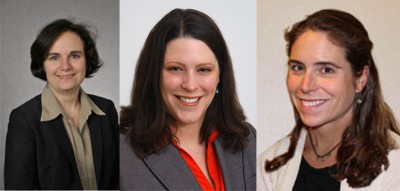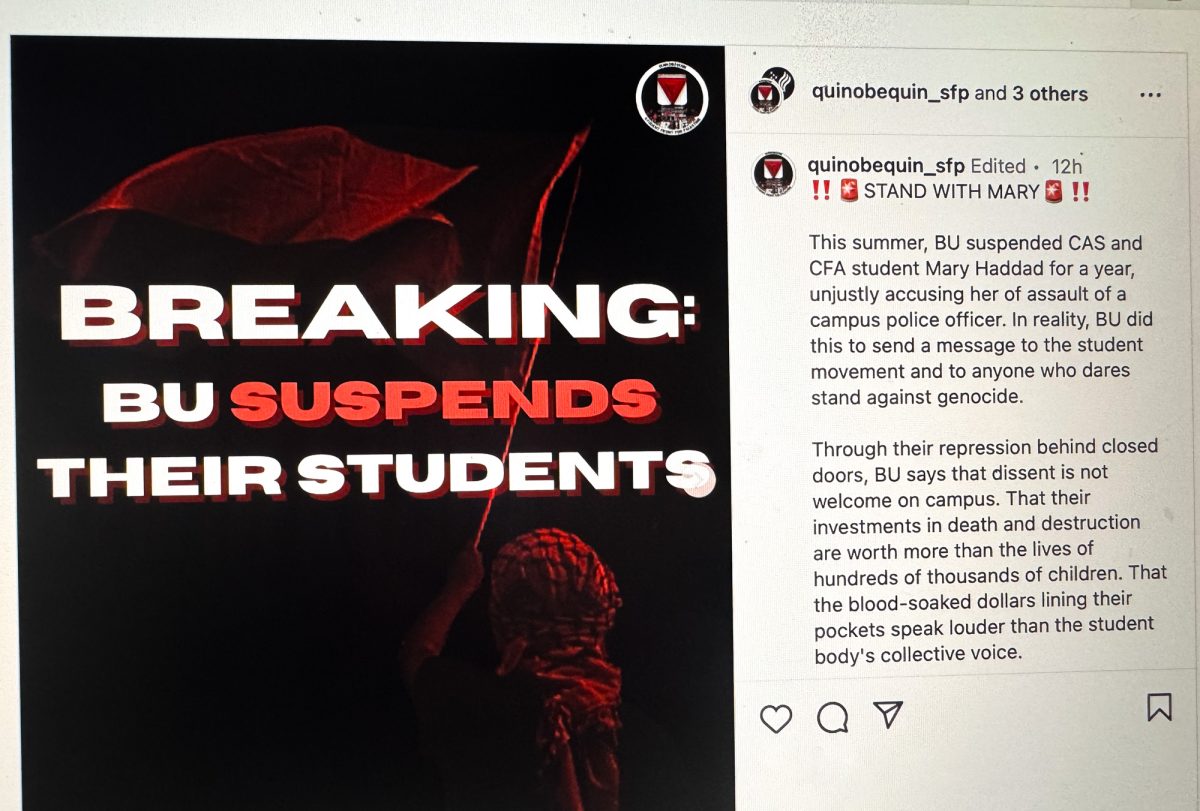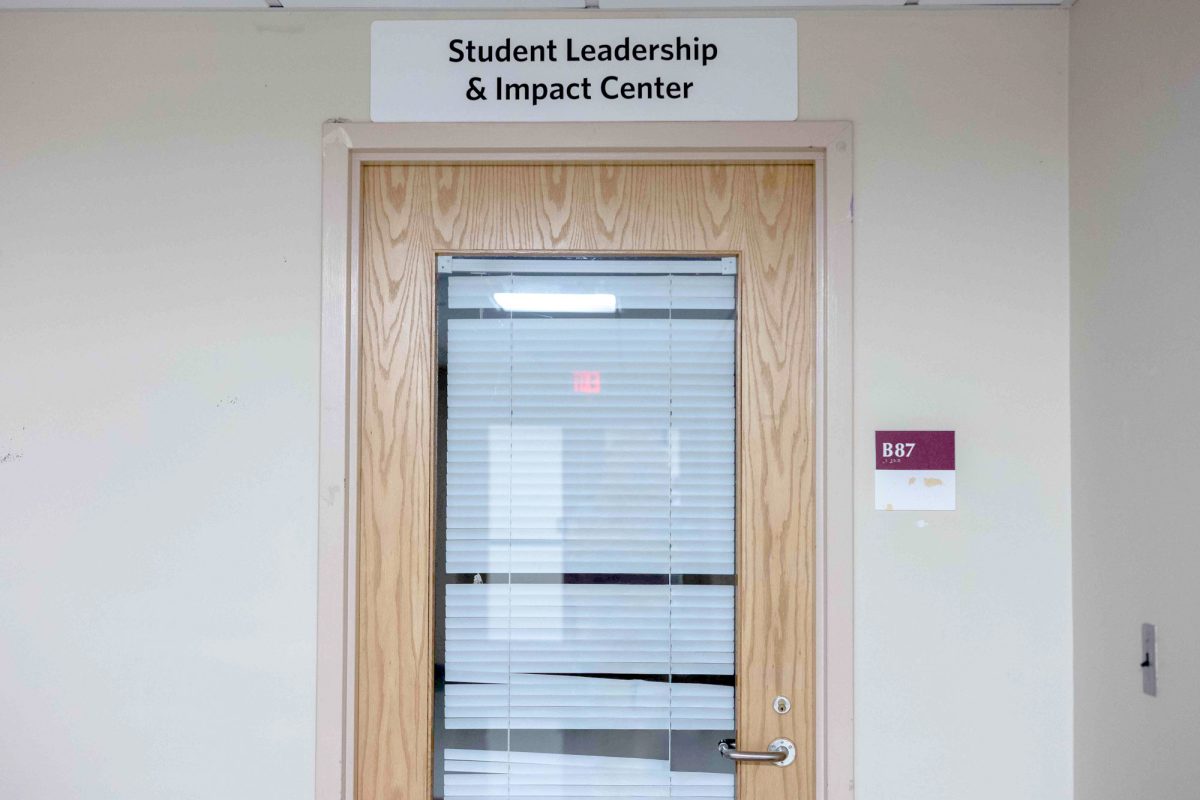
Thanks to the researchers of LUNGevity Foundation, we can all breathe a little bit easier now.
LUNGevity Foundation conducts valuable research focused on early detection and treatment of lung cancer. Lung cancer is currently the most lethal of cancers, causing 27 percent of all cancer-related deaths in 2015, according to the foundation’s website. Since joining with the nonprofit Protect Your Lungs, LUNGevity has become the nation’s fastest-growing charity related to lung cancer.
“With the hard work of these leaders and the many other women propelling the field of lung cancer forward, future lung cancer survivors will be able to live longer, better lives,” Andrea Ferris, president and chairman of LUNGevity Foundation, wrote in an email.
In honor of Women’s History Month, female scientists of LUNGevity have been spotlighted here:
Kim Rieger-Christ
Kim Rieger-Christ is a part of a team that won the 2014 Early Detection Award from LUNGevity Foundation. The team’s research aimed to produce a new method of determining if nodules in the lungs were cancerous or benign. The process included taking a nasal swab of the patient and analyzing the cells.
“Despite advances in surgery, radiation and systemic therapies, lung cancer remains a highly lethal disease due to an inability to detect it at an early and potentially treatable stage,” Rieger-Christ wrote in an email. “Although low-dose computerized tomography screening for lung cancer improves survival in high-risk patients … nearly one-quarter of these screening exams have findings such as small pulmonary nodules that are concerning for possible lung cancer.”
While most nodules are benign, false-positive readings from the LDCT screenings lead to further tests, creating a financial and emotional burden for patients. As a result, Rieger-Christ and her team came up with a less invasive and cost-effective method that they developed after observing the impact of smoking on the microRNA expression changes in the nasal and bronchial epithelium.
“We have also developed a bronchoscopy-based gene-expression signature of lung cancer that can serve as an accurate diagnostic biomarker,” she wrote. “Building upon these observations and preliminary data demonstrating that the lung cancer-associated airway field of injury extends to the nasal epithelium we are aiming to develop a minimally-invasive nasal biomarker that can accurately classify LDCT-detected pulmonary nodules as early lung cancers or benign lesions.”
In the future, the nasal swab test will allow scientists to better categorize patients and determine whether or not further testing or screening is necessary.
Ultimately, Rieger-Christ said her goal is to help patients receive most accurate information and the most appropriate treatment regarding their cancer.
Katrina Steiling
Another recipient of the 2014 Early Detection Award and a member of Boston Medical Center’s Department of Pulmonary, Allergy, Sleep and Critical Care Medicine, Katrina Steiling has been working to detect and catch lung cancer in its earliest forms. In doing so, she collaborates with Rieger-Christ on finding a more efficient diagnosis for lung cancer and is one of the leaders of the lung cancer screening program at BMC.
“I think [lung cancer is] an important clinical area — there’s a lot of high-risk people,” Steiling said. “I also recognize the limitations in our current medical and clinical knowledge and what we can do to help people, which is why I also do research.”
Lung cancer is extremely prevalent and deadly, Steiling said. In addition to being the leading cause of cancer-related death, more people die of lung cancer than breast, colon and prostate cancer combined.
“[Lung cancer] a difficult cancer to check,” she said. “It lies deep inside the lung, and people often don’t have symptoms until it’s too late. What this project really aims to do is to try to apply some of the lessons we’ve learned from the screenings for other cancers and the early detection tests for other cancers and bring that into helping people with lung cancer.”
Graduating as an M.D. and earning a master’s degree in bioinformatics at Boston University’s College of Engineering, Steiling is a professor of medicine and bioinformatics at the BU School of Medicine. She said she sees herself and both a doctor and scientist.
“In learning about medicine and beginning to practice medicine early in my career, I also realized that [with] a lot of the medical tests that we do and the treatments that we have, there’s a lot of room for improvement,” she said. “That’s why I went back to the laboratory — to try to figure out better ways to address fundamental problems we have when treating patients.”
Jennifer Beane
A 2012 recipient of the LUNGevity Career Development Awards for Translational Research and a professor at BUSM, Jennifer Beane focuses on the early detection of lung cancer by looking at samples of cells from a patient’s respiratory tract.
“Traditionally, the lab has focused on looking at normal airway epithelial cells, cells that line your respiratory tract, and trying to understand how these cells respond to different exposures,” Beane said. “Primarily exposure to cigarette smokes, although now there are others that are going to focus on electronic cigarettes.”
Her research aims to test whether or not a patient needs treatment when LDCT scans produce false-positive results.
“You can use it, then, to help someone decide at a decision point about, ‘What do we do? Is this thing that we see on the CT scan lung cancer or not?’” she said. “You can use that test to then decide if that person has lung cancer.”
The procedure includes conducting a bronchoscopy and collecting cells with a small brush.
“From using these cells and measuring the expression of genes, you can basically distinguish smokers from non-smokers, you can tell about former smokers, you can tell if a person does or does not have lung cancer,” Beane stated.
In order to prevent more cases of lung cancer, Beane said she is looking to research even earlier preventative measures.
“Even today, the five-year survival rate upon diagnosis of lung cancer is pretty grim,” she said. “What we need in lung cancer is better therapeutics [and] ways to either prevent the disease from ever happening or to catch it early. If you catch it early, then you have a chance to resect it and a better chance of surviving longer than if you catch it late and just have the treatments that are available to you that can’t actually take it out.”





























































































































